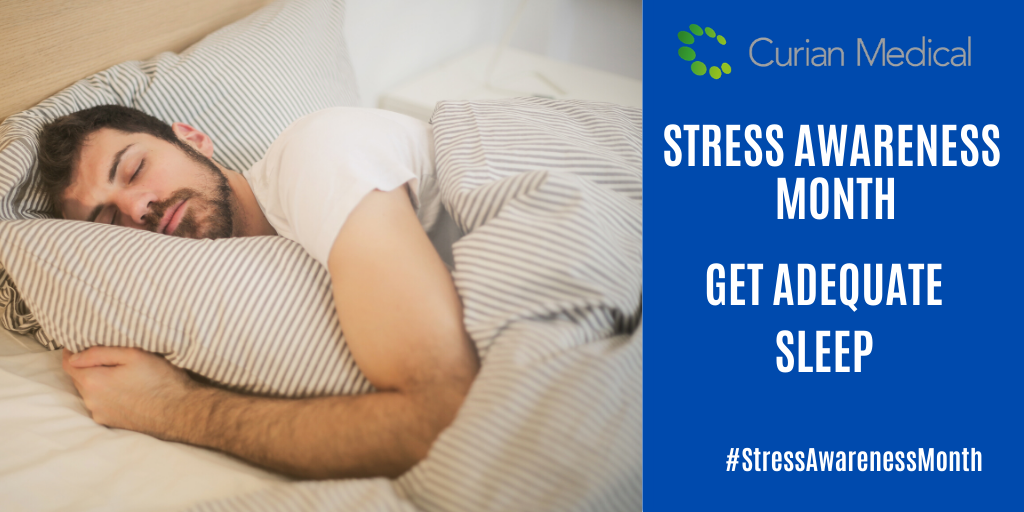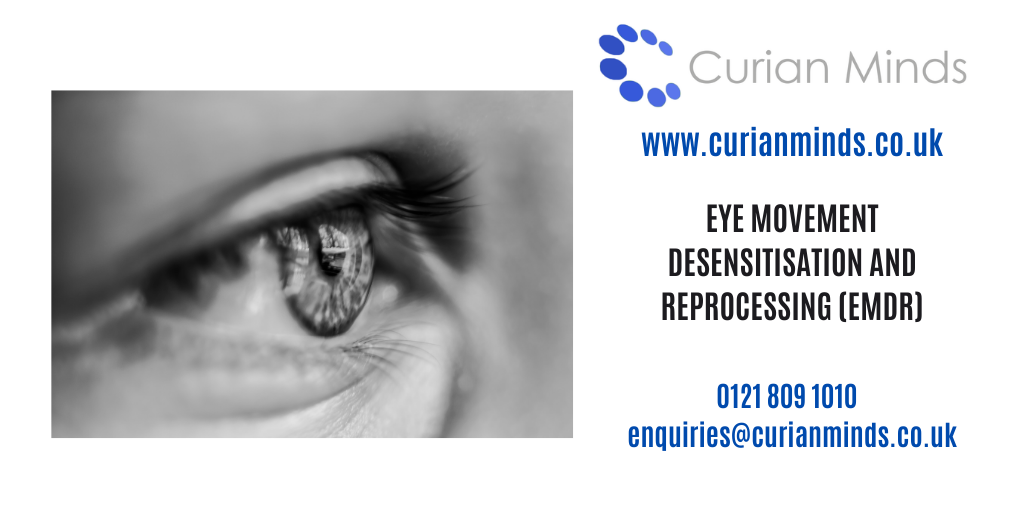
Stress Awareness Month
Tip 6 – Get adequate sleep
Too much stress can cause you to have a bad sleep, leading to mental and physical health issues which can, in turn, cause stress in daily life, leading to poor sleep at night.
There are however a number of things you can try in order to get adequate sleep. Remember, you might need to try a few different things before you find what works for you;
- Establish a routine – try going to bed and getting up at roughly the same time each day to create a sleep pattern
- Relax – try to do something relaxing, such as listening to calming music or take a bath
- Sleep in a comfortable environment – you may want to experiment with the temperature, light and noise levels to work out what works best for you
- Try to resolve stresses and worries – some people find meditation or writing down their feelings in a notebook before they settle down for bed really helps
- Go tech free – try to give yourself some tech-free time an hour or so before bed, to help yourself prepare for sleep
- Food, drink and exercise – doing regular physical activity can help with sleep. Whilst caffeine, alcohol and sugary foods may give short-term help they can all disturb your sleep patterns
- Medication and physical pain – some medications and physical pain may affect your sleep, if you think this may be the case visit your GP.
Sleep allows our bodies to repair themselves and our brains to consolidate our memories and process information. Most of us need around 8 hours of good-quality sleep a night to function properly – but some need more and some less. What matters is that you find out how much sleep you need and then try to achieve it.
#StressAwarenessMonth
0




